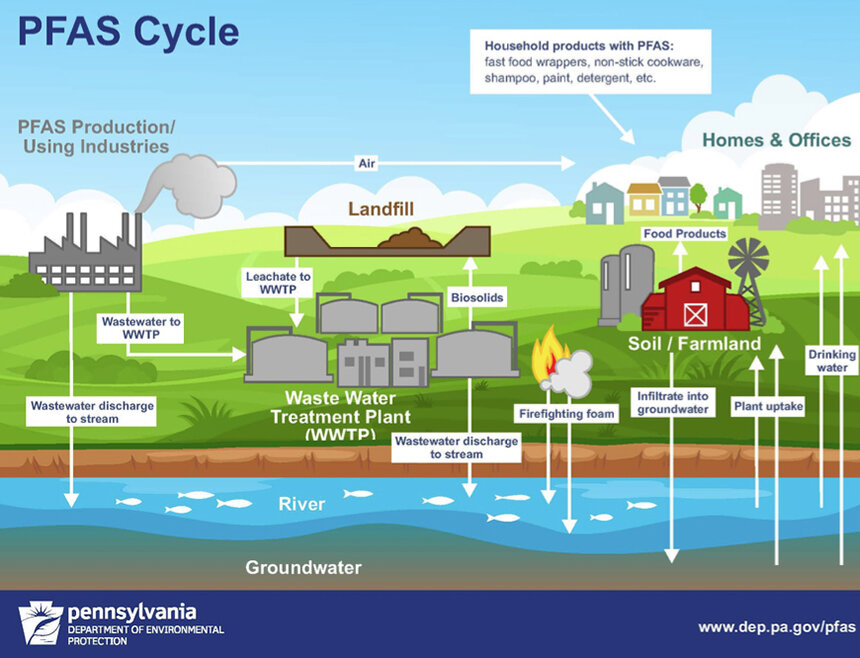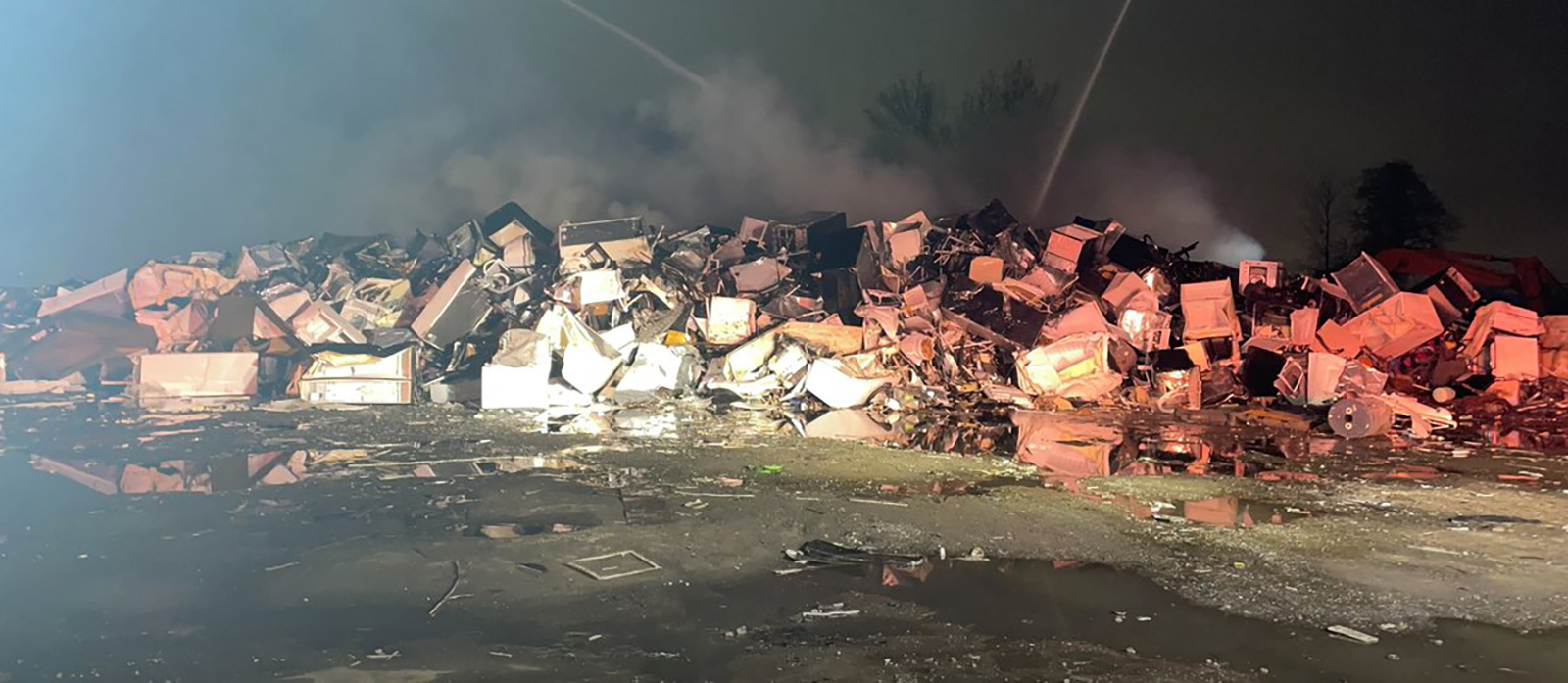Researchers: Seniors At Risk from Climate Change
October 13, 2013
JOHNSTON, R.I. — When it comes to climate change, senior citizens have few options. Extreme heat and cold, more intense weather and power outages are all on the rise and difficult to avoid.
Heat, in fact, causes more deaths than tornados, earthquakes and hurricanes combined, according to the Centers for Disease Control and Prevention. The elderly suffer disproportionately because of difficulties sensing and adjusting to extreme temperature changes. Other risks include living alone, a lack of mobility or not owning a phone.
Heat also aggravates medical conditions such as impaired cognition, dehydration, obesity and diabetes. Medications such as beta blockers, antidepressants and even allergy drugs increase the risk of death from heat exposure.
During a disaster, help can be delayed as the elderly are often hesitant to evacuate, J. Timmons Roberts, a professor with Brown University’s Center for Environmental Studies, said during an Oct. 8 seminar about climate change and health at the Johnston Senior Center. “People don’t want to respond to the door when someone is telling them to get out,” he said.
Their fears are likely justified. David Dosa, a professor of health services at Brown University, referred to studies conducted after hurricanes showing higher mortality rates for seniors who evacuated than those who stayed put. In many cases, Dosa said, the evacuees lacked proper accommodations and medications at emergency shelters and died from exposure. Many victims of Hurricane Katrina, for example, died because emergency responders never checked on them, even those in nursing homes. Instead of dying from the immediate impact of the storm, most died from exposure after the worst of the weather was over.
“Ideally, the best scenario is to keep (the elderly) where they are, if where they are is safe,” Dosa said.
Prevention is the best medicine for curbing the threat from heat, Dosa said. At-risk groups should be encouraged to register with local emergencies services for help during storms. Simple things such as buying air conditioners can save lives. Understanding the difference between nursing homes, which are highly regulated, and assisted living facilities, which are less regulated, is also crucial.
Overall, Dosa said, more attention should be given to the effects of heat. “Because, as we all know, it is getting hotter,” he said.
Like many areas, Rhode Island is warming as the climate trends toward more southerly temperatures. The state’s urban concentration of impervious surface compounds the risk by retaining heat and exacerbates flooding. Some 55 percent of precipitation turns into runoff in cites, compared to 10 percent in rural areas.
Floods are up 15 percent to 30 percent in the Northeast, Roberts said. In Warwick, the flood of 2010 illustrated the effects of vulnerable infrastructure, people and businesses.
“These two problems of heat and flooding are related because, depending on how your city is built, you have the problem of the heat coming in and the problem that all of the water that’s coming into a system,” he said.
The heat-island effect is most prominent in cities. In Providence, for instance, Roberts identified high-heat areas: lower downtown, Federal Hill, the Lower Valley, Olneyville and Smith Hill. “There’s significant temperature difference between downtown and out of town,” he said.
Pets. A fact that emerged from many of the recent studies of natural disasters showed that rescue efforts for pets often exceeded those for the sick and elderly, Dosa said. “It’s very easy to mobilize people to save cats and dogs from shelters,” he said. “It’s a lot harder to mobilize people to save dementia patients from nursing homes and assisted living (facilities).” Many volunteers responded to rescue dogs, he said, “and a lot of nursing homes never saw anybody and a lot of people died.”
Trees filter air pollution, shade buildings and reduce flooding by absorbing water. Satellite photos of urban neighborhoods have shown that areas with trees are cooler. “One thing we can do affordably is plant trees and maintain the ones we have,” Roberts said.
Roberts discovered through surveys in Providence’s Elmwood neighborhood that some residents found trees expensive to maintain and worried of harm to property. Areas with higher rental populations also had fewer trees as many areas suitable for trees were paved over for parking spaces.
“We need a different kind of system to work with citizens to plant trees on private property,” Roberts said.
He and his students have been accessing vulnerability before disasters to help design emergency plans. In Central Falls, his students studied heat issues and emergency preparedness by mapping the hottest neighborhoods, and based on past emergencies updated the city’s emergency planning report.
A study of East Providence revealed hazards from storms, such as coastal flooding, triggering structural damage, chemical releases, mold, erosion, disease and even landslides. “One kind of disaster can trigger a whole series of other hazards,” Roberts said.
Catherine Taylor, director of the state Division of Elderly Affairs, said Rhode Island will incorporate these findings and efforts to address climate change. “Understanding the importance of climate change is important to us,” she said.
Seniors and other at-risk groups can register with emergency responders here.
Categories
Join the Discussion
View CommentsRelated Stories
Your support keeps our reporters on the environmental beat.
Reader support is at the core of our nonprofit news model. Together, we can keep the environment in the headlines.
We use cookies to improve your experience and deliver personalized content. View Cookie Settings



